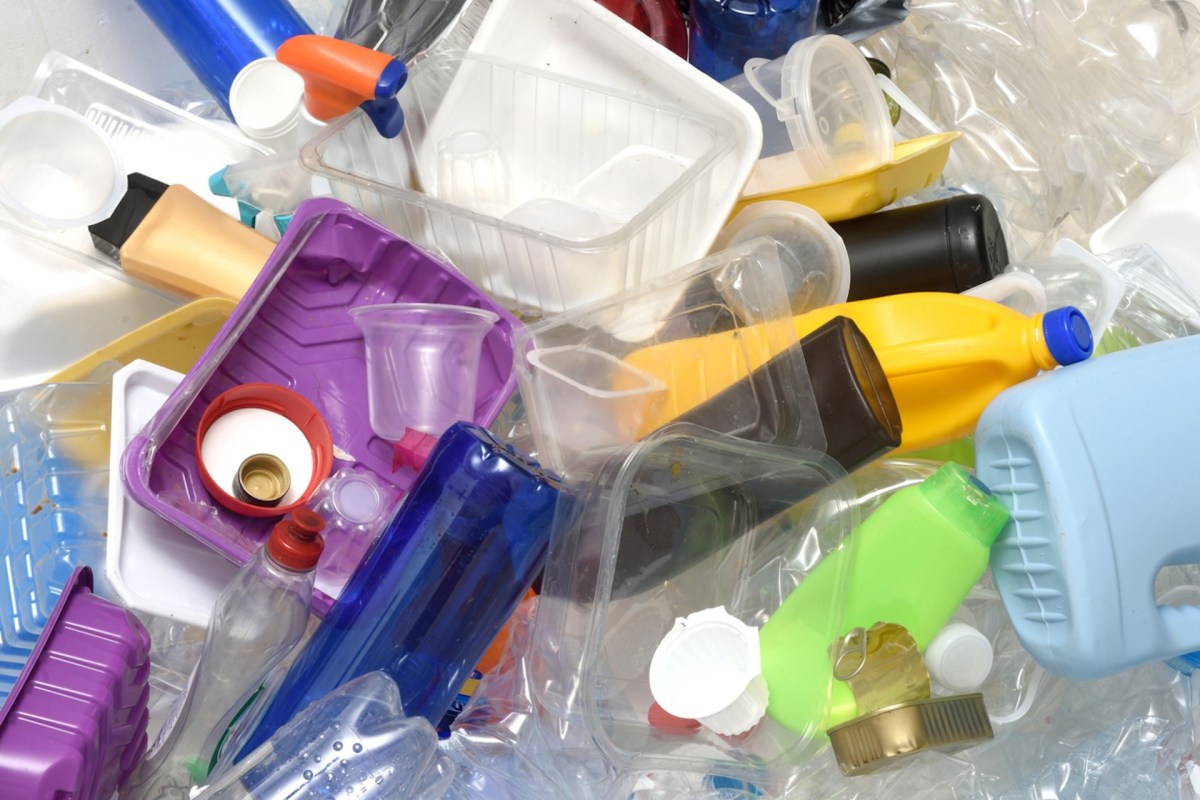With less than 10% of plastic waste recycled globally, according to the U.N. Environment Programme, certain efforts to give plastic waste a new lease of life seemed enticing.
Unfortunately, as reported by Huanjia Zhang of Environmental Health News, if something is too good to be true, it probably is, with scientists raising their voices to debunk "a dangerous deception."
🗣️ What confuses you most about recycling protocol?
🔘 Which materials I can recycle 📦
🔘 How clean the material needs to be 🧼
🔘 What the plastic numbers mean ♻️
🔘 Nothing at all 😇
🗳️ Click your choice to see results and speak your mind
What happened?
A joint report released by environmental advocacy groups Beyond Plastics and the International Pollutants Elimination Network in October found that chemical recycling is "inefficient, energy-intensive" and contributes to rising global temperatures, per EHN.
"It has been sold and hyped as a solution to the plastic pollution problem. Unfortunately, chemical recycling does not play any significant role in addressing the plastic pollution issue," Lee Bell, the IPEN mercury and persistent organic pollutants policy advisor, said.
Adding that the "very, very hazardous impacts" are still being studied, Bell told EHN that chemical recycling "becomes a petrochemical merry-go-round."
As EHN detailed, at the time of the report, 24 U.S. states had classified chemical recycling as manufacturing rather than waste or incineration, meaning fewer protective benchmarks are required regarding harmful pollution.
Why is this concerning?
Human activities have created billions of tons of plastic waste, so accurately identifying ways to deal with the issue is vital. Plastic pollution harms marine life, while the negative effects of microplastics, which have been found in drinking water, are still being studied.
The misconception about the benefits of chemical recycling could lead to disaster if unchecked.
Because the process utilizes either high heat or chemicals to break down plastic so that it can be repurposed, it "can create as much as 100 times more damaging environmental and climate impacts" than any initial plastic production, per the report.
The "dangerous and dirty" method can also release cancer-causing chemicals and acid gases into the environment, with the study finding that lower-income neighborhoods and communities of color were in closer proximity to the chemical recycling plants.
What's being done about chemical recycling?
There was some awareness of the potential pitfalls of the process prior to the latest report.
In July, the U.S. House Appropriations Committee advocated for the Environmental Protection Agency to continue classifying chemical recycling as municipal waste combustion, as EHN reports, which would help ensure stricter safeguards.
Meanwhile, Beyond Plastics and IPEN have recommended outlawing all plastic-to-fuel projects, and the UN Environment Programme had a session in mid-November to continue formulating a global treaty aimed at reducing plastic pollution.
As we wait for legislation to further assist, you can help by making your own dent in plastic waste by reducing the amount of single-use plastics in your life, including by switching to metal razors and reusable water bottles.
Join our free newsletter for weekly updates on the coolest innovations improving our lives and saving our planet.









